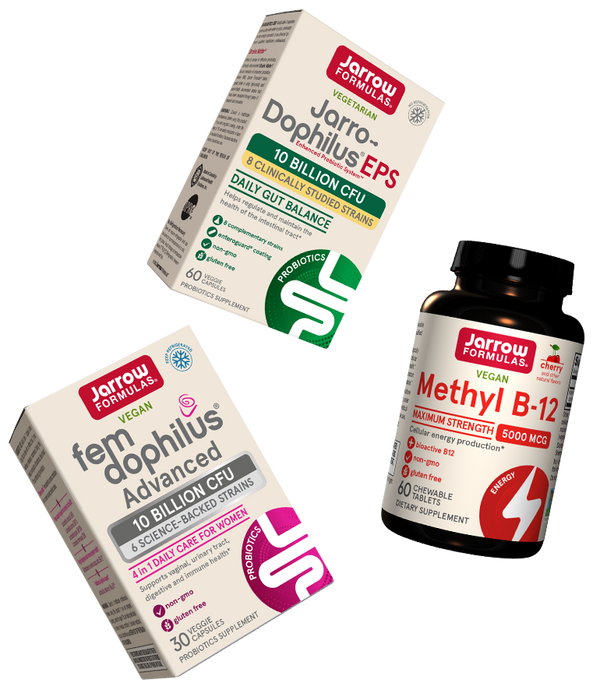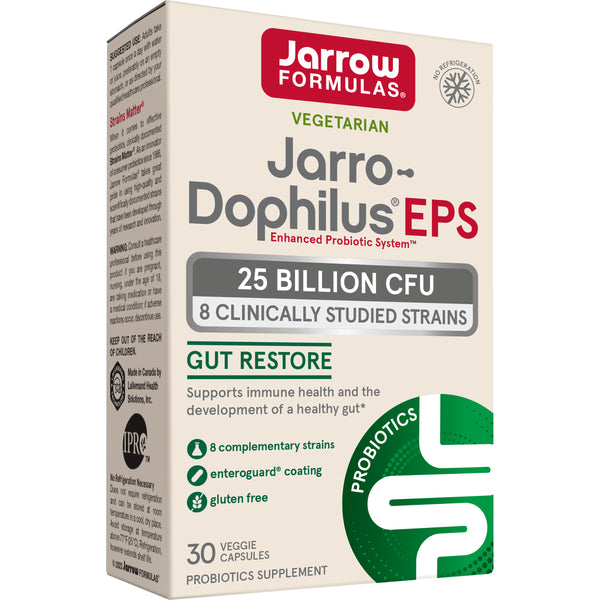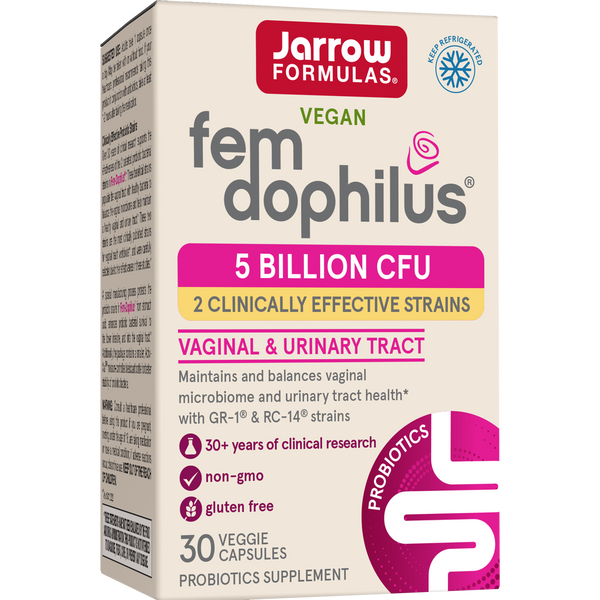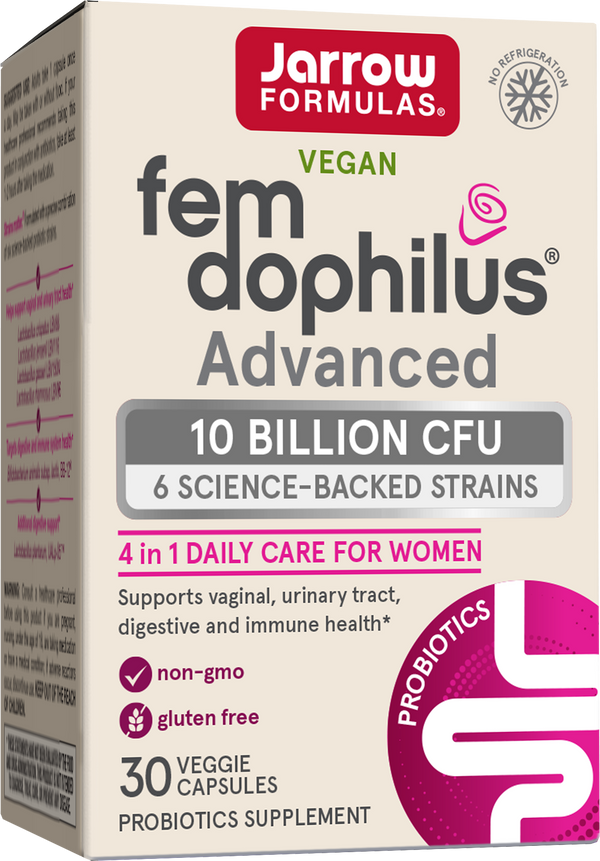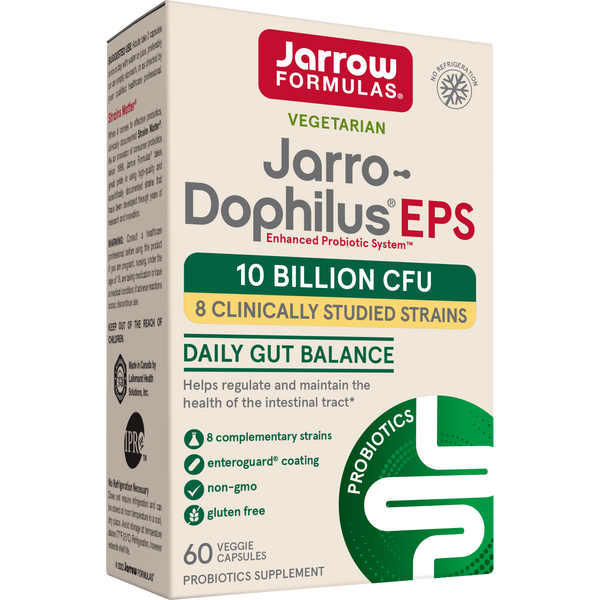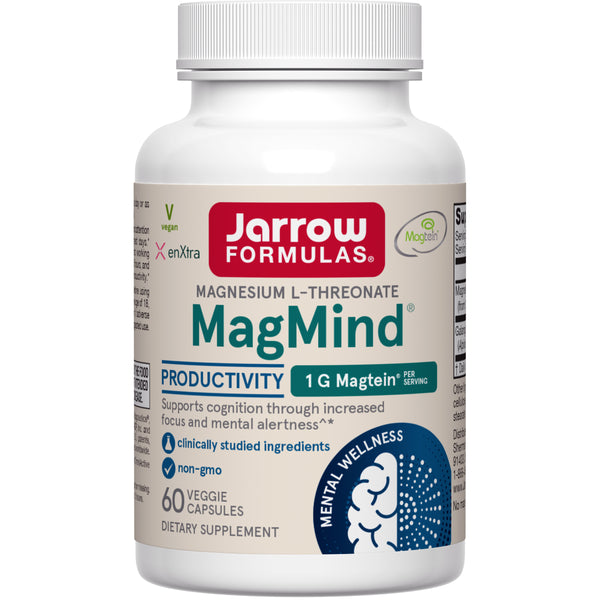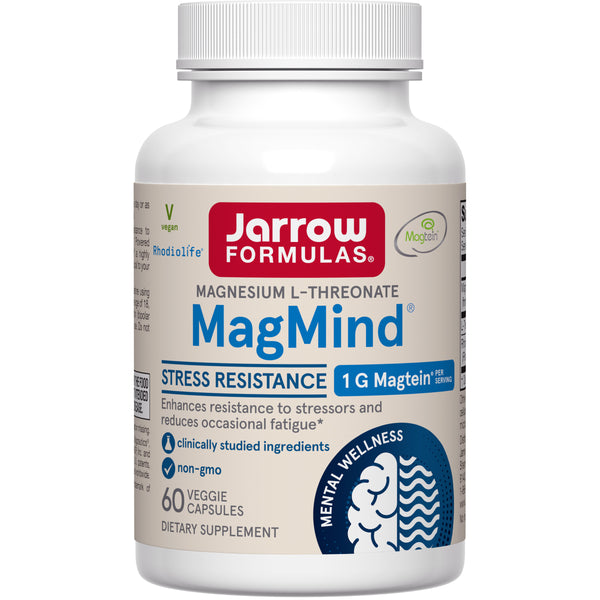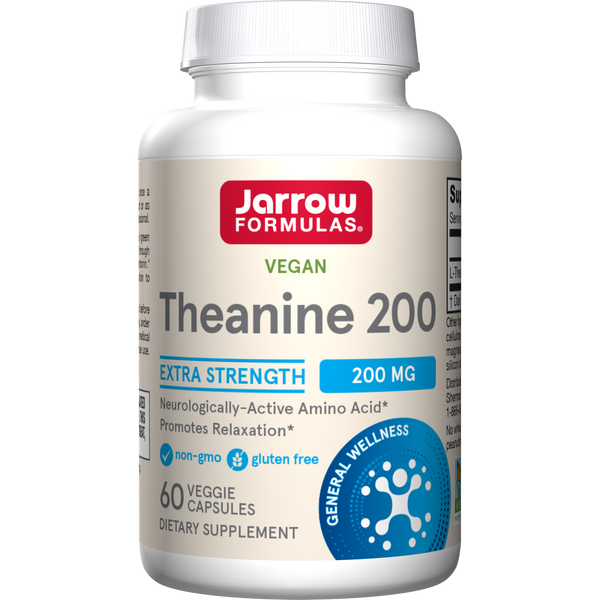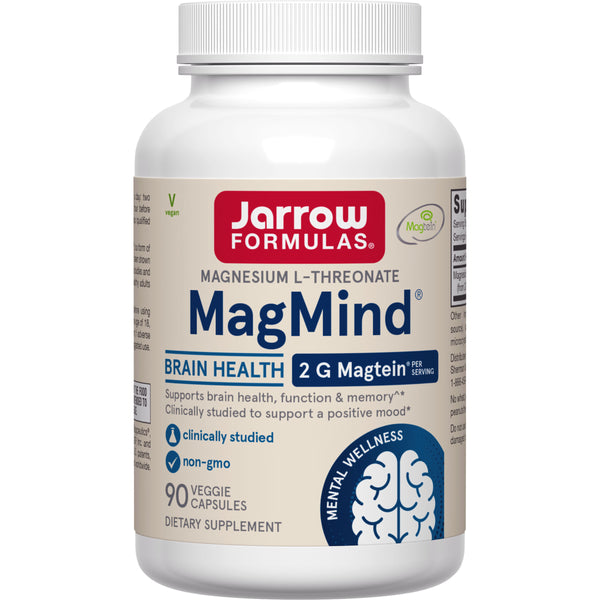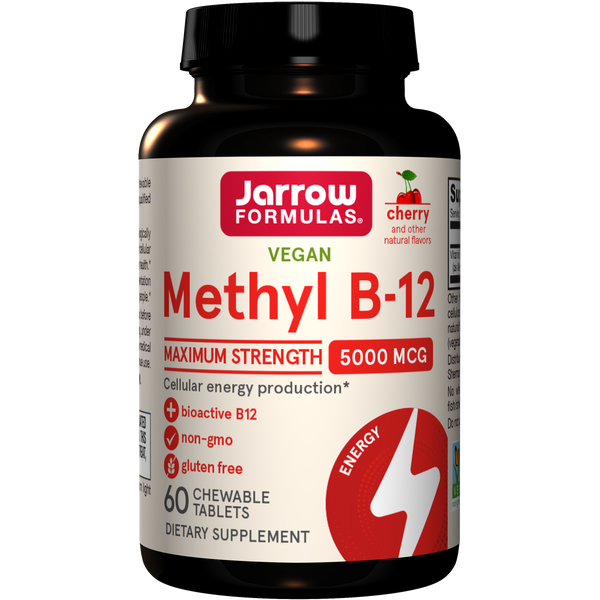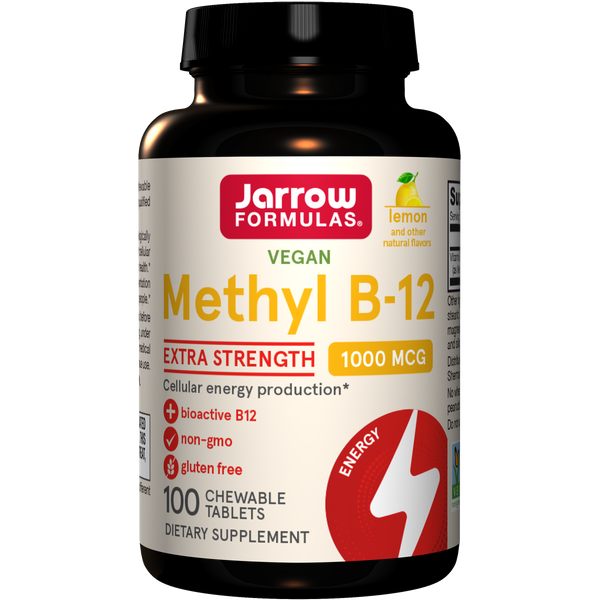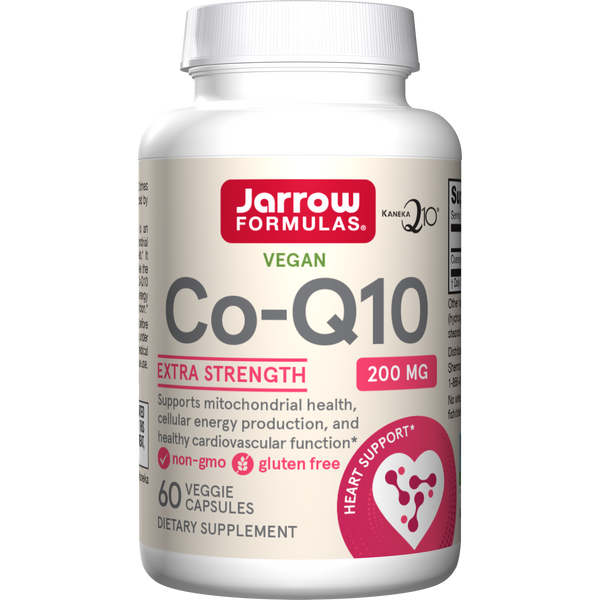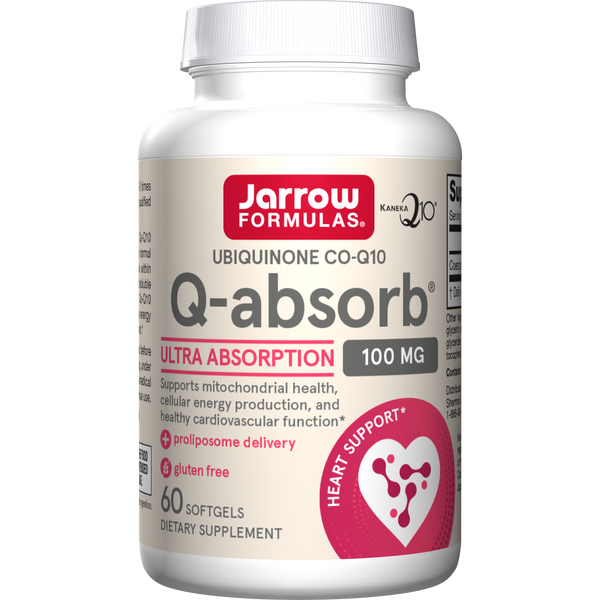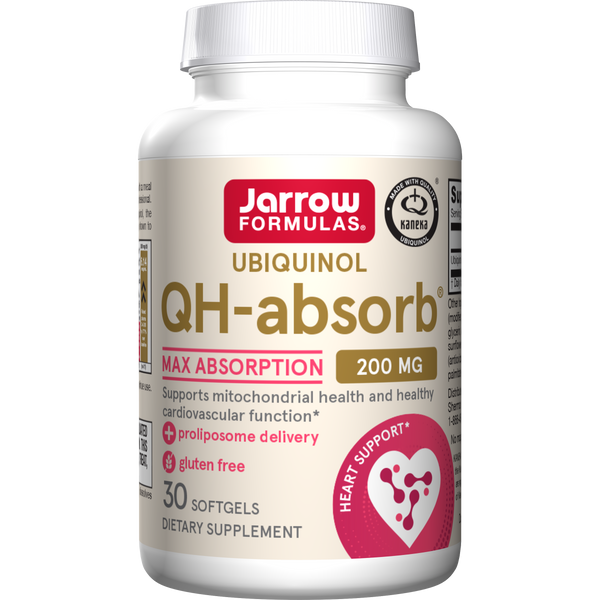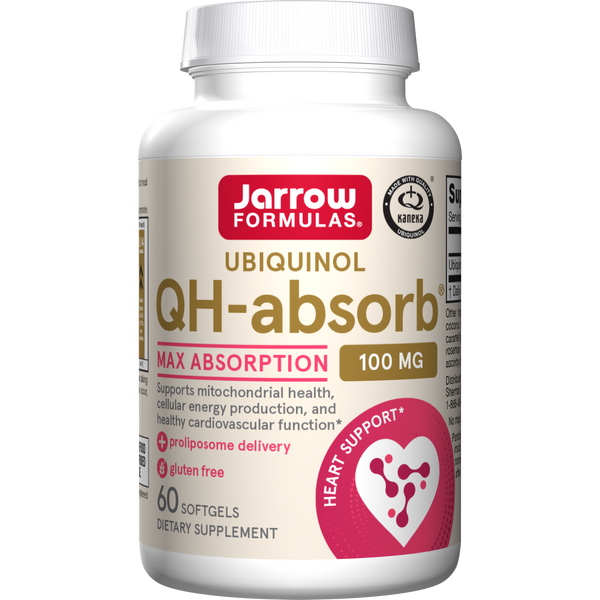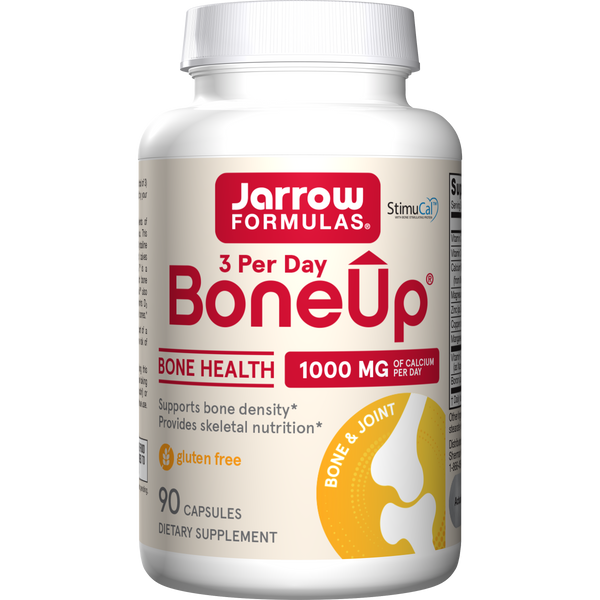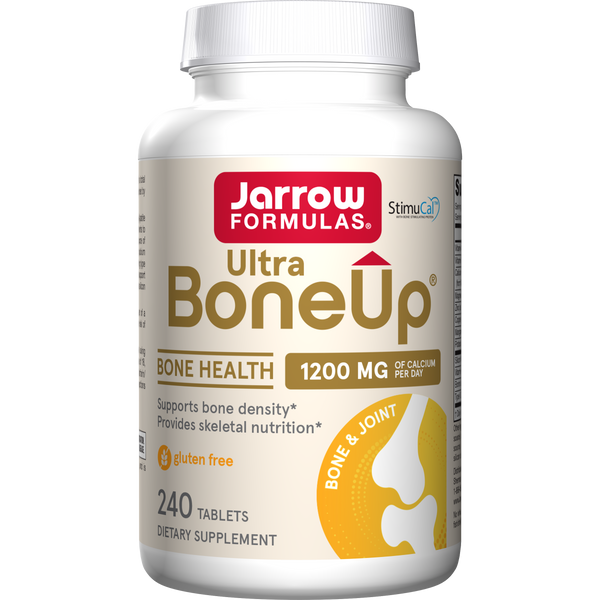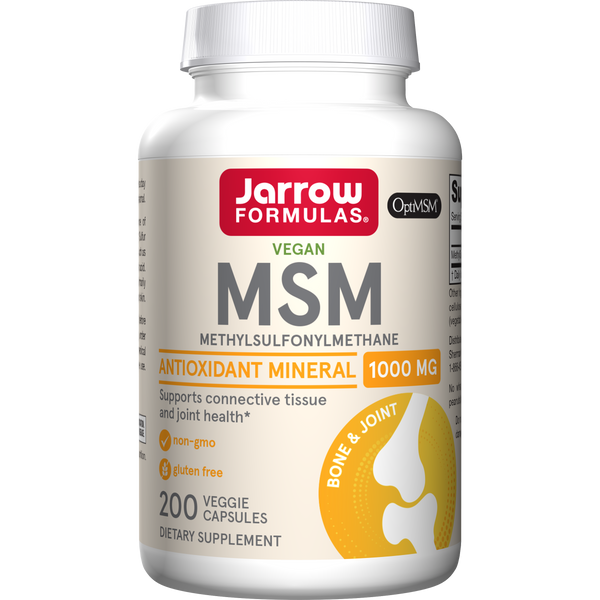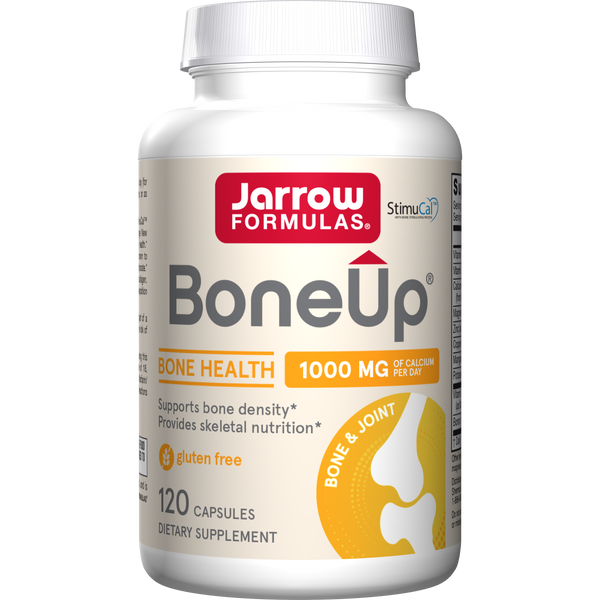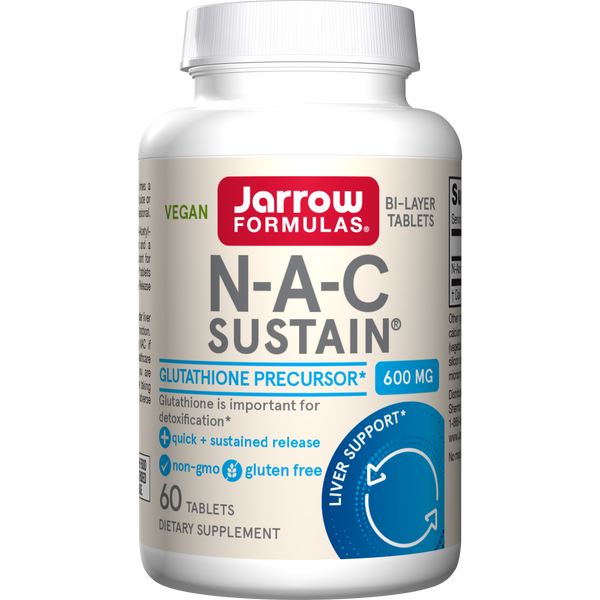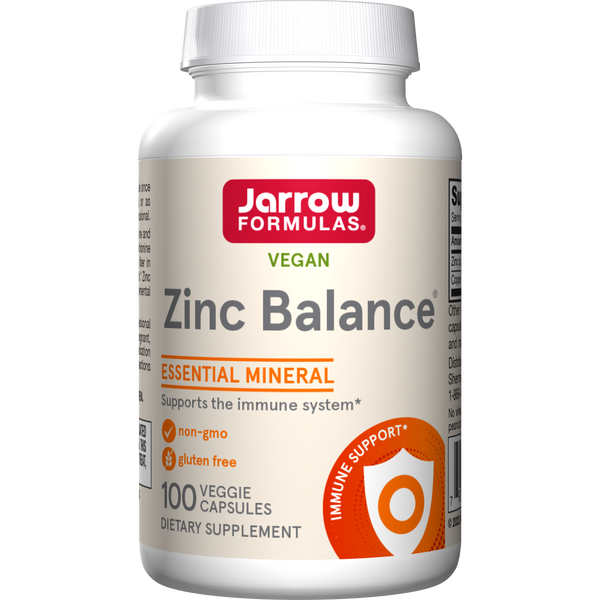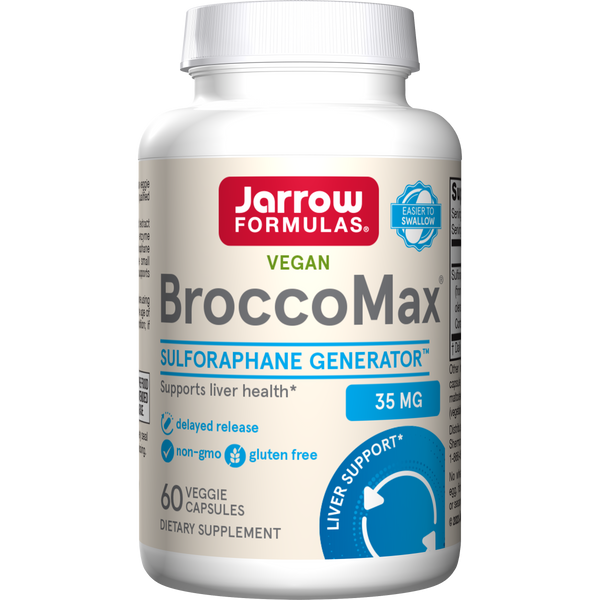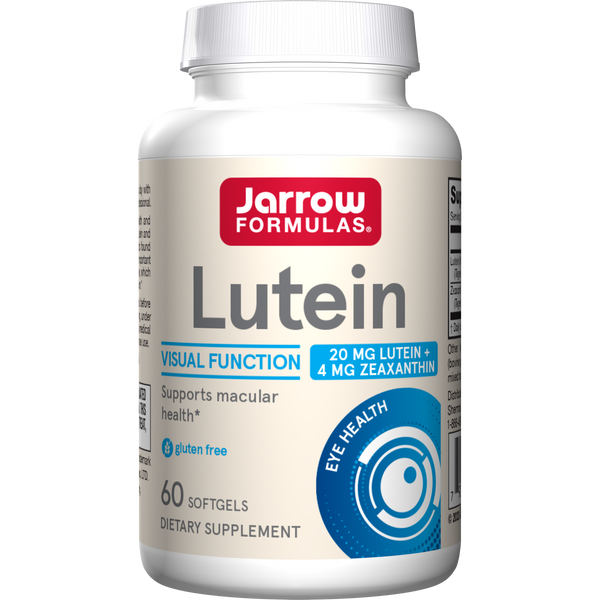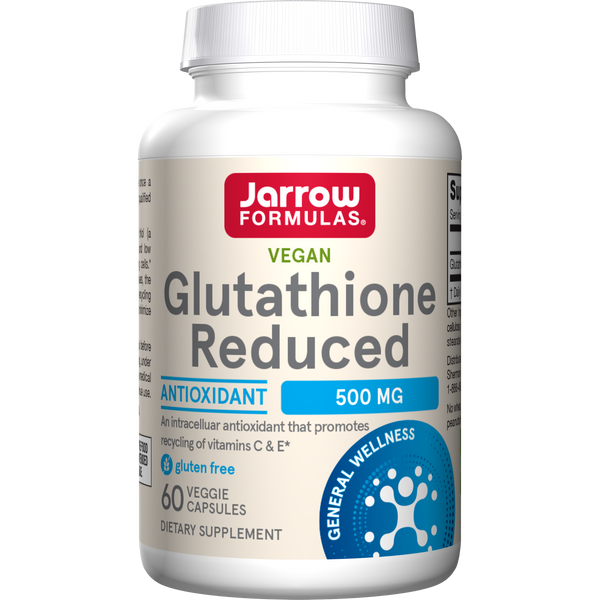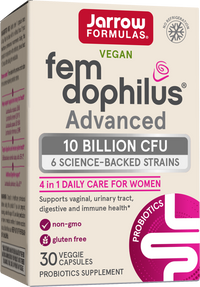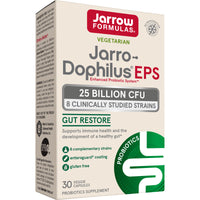New Study: Increased Lutein and Zeaxanthin Aids Brain Health to Counter Psychological Stress
By Thomas A. Bowman, PhD
Historically, lutein and zeaxanthin have been well recognized as dietary supplements that are important for eye health and vision. Yet, a new publication1 by the Stringham lab of the University of Georgia in the journal Nutritional Neuroscience has highlighted a growing interest in these nutrients for brain health, finding that 6 months of lutein supplementation significantly reduced signs of stress compared to placebo. The paper is entitled “Supplementation with macular carotenoids reduces psychological stress, serum cortisol, and sub-optimal symptoms of physical and emotional health in young adults,” and was published February 15, 2017.
Lutein and zeaxanthin are dietary pigments
Lutein and zeaxanthin are types of yellow/orange carotenoids, which are not produced in the body. Carotenoids are necessary dietary nutrients that must be either consumed in the diet or taken in a nutritional supplement for optimal health. Carotenoids include lutein, which is the most prevalent, and several other zeaxanthin isoforms.
These carotenoids are found in a wide range of colored foods. Lutein is found most abundantly in leafy green vegetables like kale and spinach. Zeaxanthin can be found in several yellow-orange vegetables, such as orange peppers. Both lutein and zeaxanthin can be found in egg yolks and corn.2 Unfortunately, Americans consume on average much less than optimal levels of these carotenoids.
Lutein and zeaxanthin are in cell membranes
One of the limiting characteristics of carotenoids is that they are hydrophobic, meaning they fail to mix well with water, reducing their bioavailability. However, carotenoid absorption is enhanced from supplementation compared to whole fruit and vegetable consumption . Additionally, lutein and zeaxanthin have much higher bioavailability than other carotenoids, such as beta-carotene.3
The increased bioavailability of Lutein and zeaxanthin is due to having less hydrophobic ends than other carotenoids, which aids in their absorption by intestinal cell membranes. Their membrane solubility enhances their transport by high density lipoproteins in the blood and subsequent enhanced ability to be deposited and span the membranes of nerve cells such as in the retina.4
Lutein and zeaxanthin are important for eye health and vision
Because lutein and zeaxanthin are yellow pigments, their role in the eye is primarily in highly focused color vision and protection from the harmful effects of blue light. This is especially true in the central macula of the eye, where vivid color and highly focused vision occurs. The retina allows for increased light to enter this area.4 Blue cones are absent in this part of the retina and lutein and zeaxanthin are able to filter blue light. Many researchers have found high concentrations of lutein and zeaxanthin in the central macula of the eye, which is why lutein and zeaxanthin are called macular carotenoids.
Lutein and zeaxanthin in the body: Eyes, Fat and Brain
Lutein and zeaxanthin are not only in the eyes; as most parts of the brain also show an abundance of the two nutrients.5 Considering that lutein and zeaxanthin are hydrophobic, it is not surprising that there are significant levels in the brain, which is predominantly fatty tissue.
Similarly, lutein and zeaxanthin are also found in fat tissues throughout the body. A previous study found that overweight individuals have decreased MPOD (macular pigment optical density), suggesting that fat tissues compete with the eyes for storage of lutein and zeaxanthin.6 Lutein was found to be the primary carotenoid in the brains of adults7 and even more so of children.8,9 So many researchers over recent years have tried to understand the function of lutein and zeaxanthin in the brain.
Lutein and zeaxanthin effect on brain cognitive function
As expected, the antioxidant capacity of lutein and zeaxanthin was found to have a significant effect in the brain. This was measured primarily in primate brains. Clinical studies10-12 found that cognitive function (memory and learning) was an important property that depended on the amount of lutein in the blood and diet, and correlated well with measured MPOD. In addition to antioxidant properties, lutein and zeaxanthin effect processing speed and this may be a mechanism of age-related cognitive function.13
Lutein and zeaxanthin function in psychological stress
With these findings in mind, the researchers of the Stringham lab at the University of Georgia endeavored to examine individuals in order to determine whether supplementation with lutein and zeaxanthin would produce changes in measured psychological stress along with MPOD. A randomized, placebo-controlled, double-blind study of 59 college-aged healthy adults was carried out over 12 months utilizing a carotenoid supplement containing lutein, zeaxanthin and mesozeaxanthin.1 Psychological stress was measured by serum cortisol and several questionnaires of psychological stress and general health status. The study also compared two doses (13 mg and 27 mg per day), which contain approximately 8.7 and 18 times the average American intake of lutein.
They noted that MPOD was increased with carotenoid supplementation at 6 months and 12 months. The increased MPOD correlated significantly with decreased psychological stress questionnaire results at both 6 months and 12 months of supplementation. Along with increased MPOD, they also noted increased serum lutein and zeaxanthin, and decreased serum cortisol at both 6 months and 12 months of carotenoid supplementation. All these serum results were significant with both doses of carotenoid supplementation compared to placebo.1
References
- Stringham, Nicole Tressa, Philip V. Holmes, and James M. Stringham. "Supplementation with macular carotenoids reduces psychological stress, serum cortisol, and sub-optimal symptoms of physical and emotional health in young adults." Nutritional Neuroscience (2017): 1-11.
- Sommerburg, Olaf, et al. "Fruits and vegetables that are sources for lutein and zeaxanthin: the macular pigment in human eyes." British Journal of Ophthalmology8 (1998): 907-910.
- van het Hof, Karin H., et al. "Dietary factors that affect the bioavailability of carotenoids." The Journal of Nutrition3 (2000): 503-506.
- Widomska, Justyna, Mariusz Zareba, and Witold Karol Subczynski. "Can Xanthophyll-Membrane Interactions Explain Their Selective Presence in the Retina and Brain?." Foods1 (2016): 7.
- Craft, N. E., et al. "Carotenoid, tocopherol, and retinol concentrations in elderly human brain." experimental animals 21 (2004): 22.
- Nolan, John, et al. "Macular pigment and percentage of body fat." Investigative ophthalmology & visual science11 (2004): 3940-3950.
- Johnson, Elizabeth J., et al. "Relationship between serum and brain carotenoids,-tocopherol, and retinol concentrations and cognitive performance in the oldest old from the Georgia Centenarian Study." Journal of aging research 2013 (2013).
- Johnson, Elizabeth J. "Emerging Science on Lutein in the Brain." The 114th Abbott Nutrition Research Conference. 2013.
- Vishwanathan, Rohini, Matthew J. Kuchan, and Elizabeth J. Johnson. "Lutein is the predominant carotenoid in infant brain." Acta Biol Crac Ser BotSuppl 1 (2011): 29.
- Vishwanathan, Rohini, et al. "Macular pigment optical density is related to cognitive function in older people." Age and ageing2 (2014): 271-275.
- Johnson, Elizabeth J., et al. "Cognitive findings of an exploratory trial of docosahexaenoic acid and lutein supplementation in older women." Nutritional neuroscience2 (2008): 75-83.
- Renzi, Lisa M., et al. "Relationships between macular pigment optical density and cognitive function in unimpaired and mildly cognitively impaired older adults." Neurobiology of aging7 (2014): 1695-1699.
- Bovier, Emily R., Lisa M. Renzi, and Billy R. Hammond. "A double-blind, placebo-controlled study on the effects of lutein and zeaxanthin on neural processing speed and efficiency." PloS one9 (2014): e108178.
